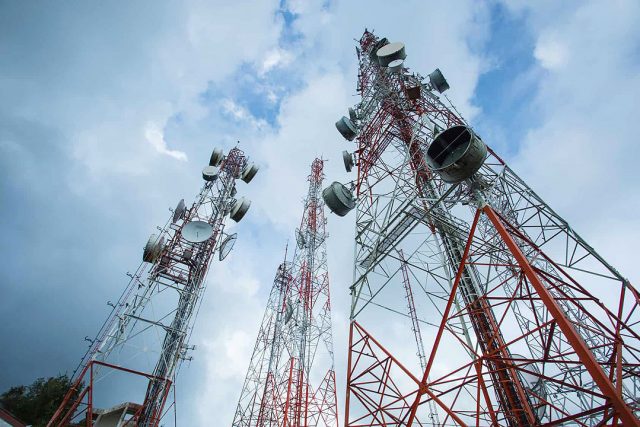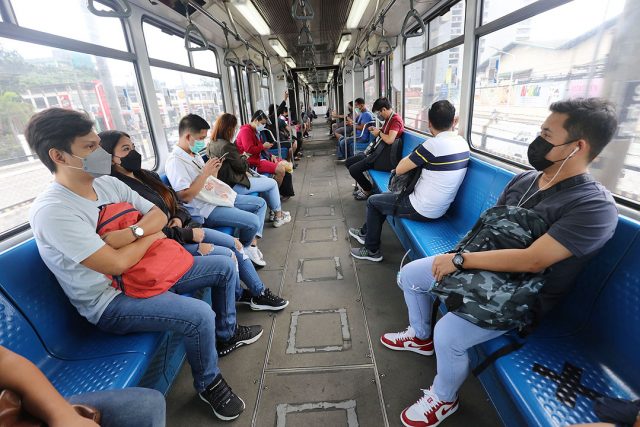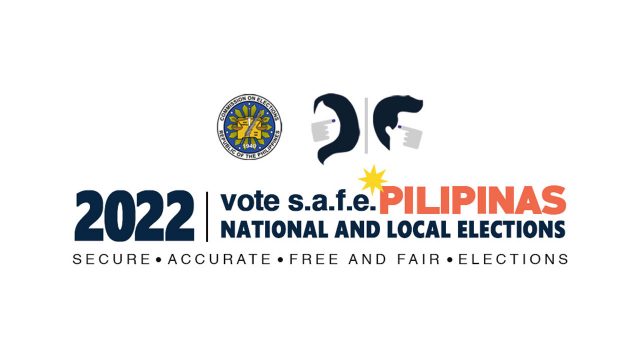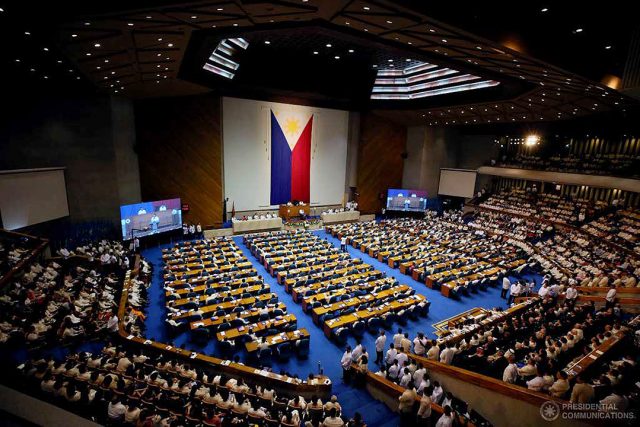BUSINESS LEADERS and a former Palace official said on Thursday that a ban on foreign state-owned companies is “discriminatory” and runs counter to the liberalizing intent of the proposed Public Service Act (PSA).
The President’s former Spokesman Herminio L. Roque, Jr., a Senate candidate, said at the Pandesal Forum in Quezon City:
“We are supposedly liberalizing the provision of public service, and yet here is an instance where we are expressly discriminating against foreign-owned enterprises.”
The forum was tackling Senate Bill (SB) 2094 or the proposed Public Service Act, which is currently being harmonized with its counterpart House measure in bicameral conference committee.
Under Section 16 of the measure, “an entity controlled by or acting on behalf of the foreign government or foreign state-owned enterprises shall be prohibited from owning capital in any public service classified as critical infrastructure.”
“I submit that this discriminatory provision against state-owned enterprises particularly from China is patently unconstitutional,” Mr. Roque said. “Although it is not mentioned that it is Chinese businesses or Chinese-owned businesses that are targeted, only Chinese enterprises have state-owned enterprises active in the public service industry, and therefore we can reasonably infer that it is directed against Chinese-owned enterprises.”
The purpose of the law is to allow more entrants into the sector, he added, which makes this provision contrary to the government’s objective of heightening competition to the benefit of consumers.
Philippines-Chinese Mutual Cooperation Society, Inc. Chairman and Asian Center for Comparative Governance President Peter T. Laviña said that as the country has one of the most restrictive investment policies in the region, and called for any liberalization not to be exclusionary.
In 2021, Philippine laws were judged to be the third most restrictive to foreign direct investment (FDI) in the world, according to the FDI Regulatory Restrictiveness Index. The index evaluates equity restrictions, restrictions on key foreign personnel, operational restrictions and discriminatory screening for approval mechanisms.
“We should not restrict, discriminate or exclude,” Mr. Laviña said during the forum, as this may stoke anti-Chinese sentiment in the Philippines. “Very clearly, it targets China companies, especially China state-owned companies.”
He called on legislators to clarify and correct any such restrictions in all three measures intended to attract foreign investment, the proposed PSA, the proposed Foreign Investments Act, and the proposed Retail Trade Liberalization Act.
“Let’s open up to everyone so that the Philippines will benefit in the same manner our neighbors have benefited from all the foreign investment that has come into their countries,” Mr. Laviña said.
Anvil Business Club Chairman George Siy said that “the considerations they put in, in principle, sound like there is sound reasoning behind them, but then the timing and the way that they have circumscribed the conditions” make it seem like they are targeting Chinese investments.
Amendments to the pending foreign investment laws should be consistent and non-discriminatory, he said, “and we should recognize that they can be changed over time, they are not fixed. We need to adjust it to new technologies, cultures, and definitions of security,” Mr. Siy said, noting that the laws and regulations should evolve with the times.
Flexibility in the law is vital, as is the execution, he added. Proper implementation can be done by building a culture that brings together talent pools of technocrats, allowing them to enter government by providing the right incentives.
This will allow new capital and technology inflows from abroad which will build new markets and capacities, accelerate recovery, and prepare the country for the fourth stage of industrial revolution, Mr. Siy said.
Federation of Filipino Chinese Chambers of Commerce and Industry, Inc. President Henry Lim Bon Liong, meanwhile, said his organization supports the government’s economic reform agenda to make the country more globally competitive and promote ease of doing business.
Mr. Lim Bon Liong also said he was for the amendments made in SB 2094 which establishes a rate setting mechanism that will result in fair and reasonable prices for commodities and services, improve technology, and modernize service. He also agreed with the updated penalties under the proposed measure.
“The passage of this legislation will stimulate the provision of better services by lifting the restrictions on ownership and operation of public services in the country,” Mr. Lim Bon Liong said. “This will eventually cascade to other parts of the economy since these are necessary for businesses to try to improve access and lower rates, which translates to a more conducive environment (for) doing business in the country.”
The entry of foreign investors, he said, will translate to more jobs, which are needed for the country to recover from the pandemic.
“The influx of foreign direct investment or the FDI has been on the upswing, and we believe that this legislation will be crucial to sustaining and further improving this favorable trend,” he added.
The Senate approved its version of the Public Services Act in December, while the House of Representatives passed the counterpart bill in March 2020.
Congress is hoping to pass the bill, certified as urgent by President Rodrigo R. Duterte, before the end of the Duterte administration. — Alyssa Nicole O. Tan












